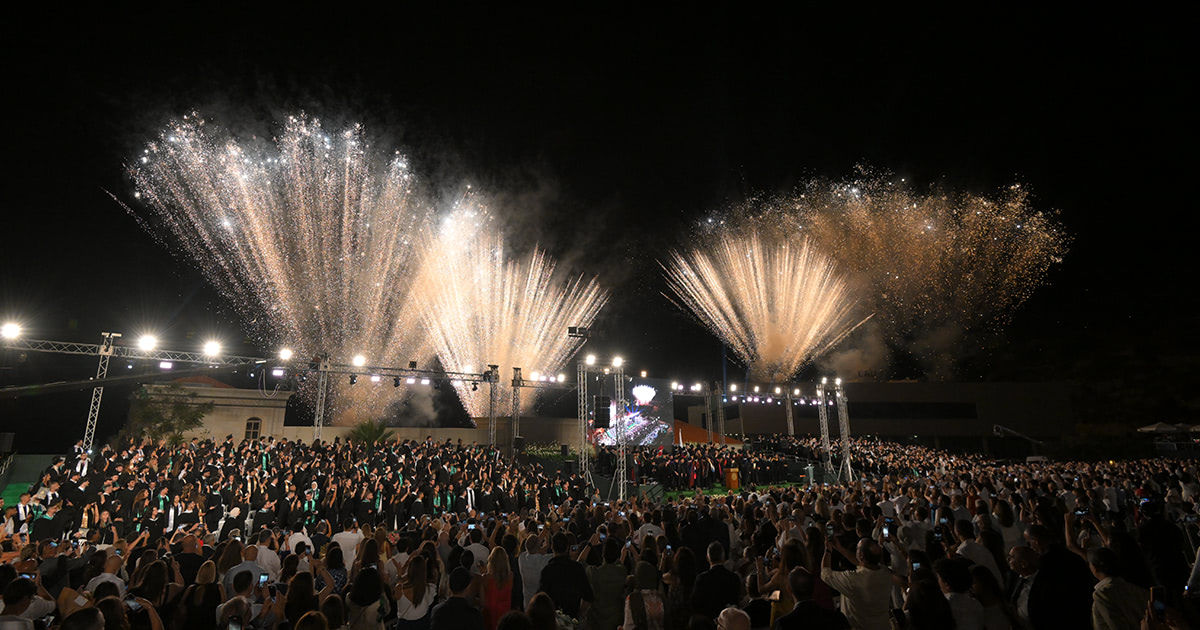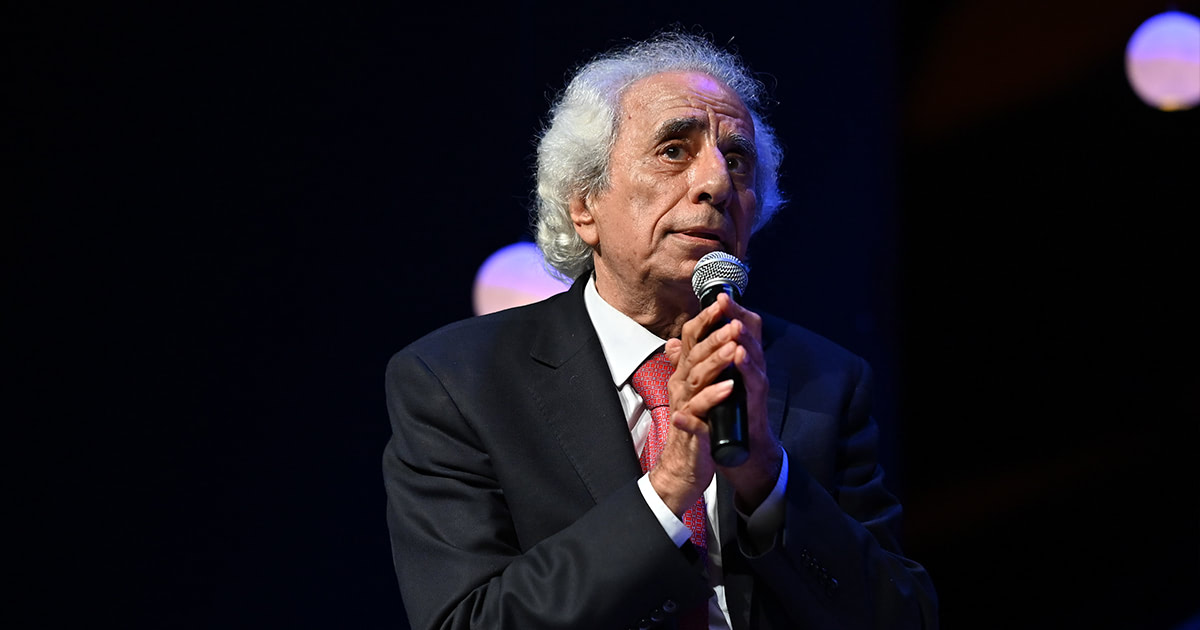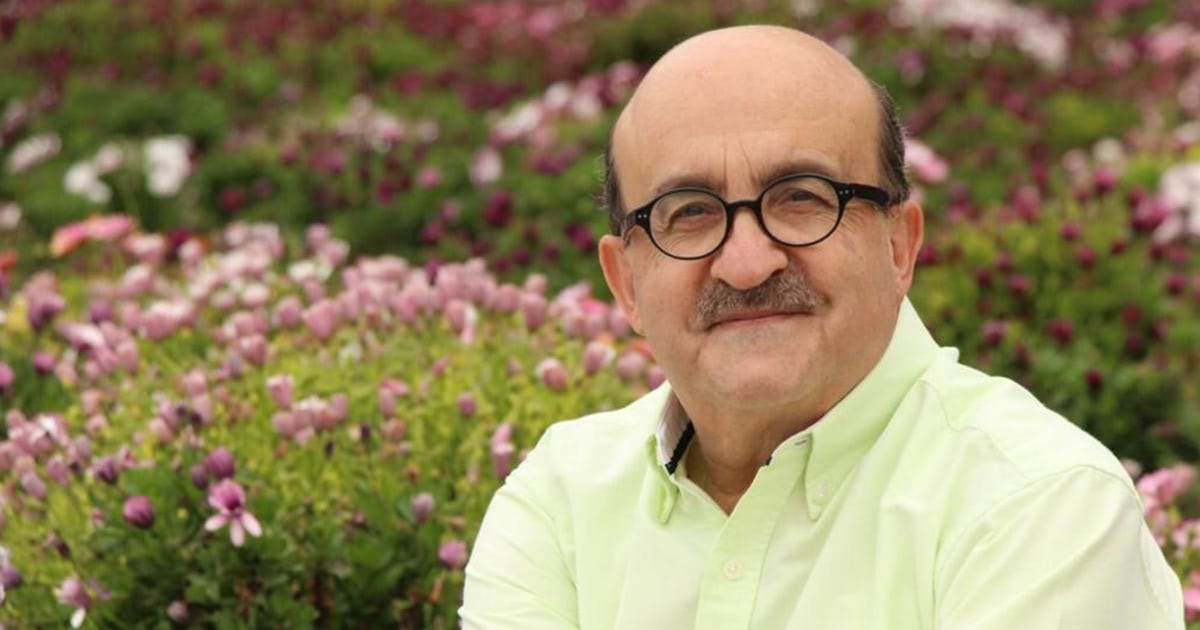The Anthem that Commemorates a Century
LAU’s own encapsulate the university’s century-long legacy of educational excellence and its steadfast mission to inspire future generations.
Over the past century, LAU has evolved from a small college into a major academic institution of Lebanese and global merit, steadfast in its commitment to excellence in education.
For Henri Zoghaib, founder and director of LAU’s Center for Lebanese Heritage (CLH), and Joseph Khalife, senior instructor and musician-in-residence, this called for an ode that would befit the tribute to LAU’s first century and inspire those to come. The same objectives were echoed by LAU President Michel E. Mawad, who championed paying tribute to LAU’s centennial “in ways that engage our entire community, demonstrate LAU’s footprints in all academic areas, and move our internal stakeholders, friends and supporters in their commitment to the university.”
Both Zoghaib and Khalife viewed creating the LAU Centennial Anthem as a significant responsibility that required a balance between words and music to honor the university’s long-lasting impact.
As individuals who have long sought to serve the LAU community, each brought his expertise and understanding to the project to ensure the result is an anthem that reflects the university’s dedicated history and its future goals.
In this spirit, Zoghaib took up the task of writing a poem in Arabic that explores the rich past of the university and the supportive role it has played in the lives of its students, its community and the evolution of the country.
In the 25 years that Zoghaib has spent championing Lebanese heritage through the CLH, he has always found LAU “to be more than an educational hub, but rather a beacon of hope, a sanctuary for the intellect, and a guardian of cultural identity,” he said.
Aware of the immense responsibility, Zoghaib wanted to craft a piece that would resonate with the entire LAU community, from its current students to its vast network of alumni across the globe who share individual and collective connections with their alma mater.
He portrays the university as a nurturing mother and a source of sustenance for those seeking knowledge and guidance on their path forward. Through imagery evoking an illustrious past and hope for the future, the anthem extols LAU’s pledge to provide top-notch education, encourage a thirst for knowledge, and equip students with the skills they need to succeed in a fast-changing world.
Zoghaib drew on LAU’s history to reiterate its mission through the verses. The university has consistently served as a guide for those seeking to build a better future, he noted, whether by empowering students to advance in their careers and stay ahead of emerging trends, or fostering a supportive environment for faculty to excel.
Writing the words, however, carries only half the weight of the anthem, which is why when Khalife was approached to set the words to music, he needed to evoke the same depth of emotion that carries the legacy.
For over three decades, Khalife has composed songs for renowned Lebanese artists, such as Majida El Roumi, Joumana Medawar, and Nabiha Yazbek. He has also helped shape the musical culture at LAU, establishing numerous courses and bringing to life the sounds that have accompanied university events.
He approached the composition with the belief that music, like education, has the power to shape individuals and mold them into who they are meant to be. “Just as every person is born with an innate sense of rhythm, from the beating of their heart to the sounds of their environment, so is every student shaped by the educational journey they undertake,” said Khalife.
He sought a melody that would resonate with the listener on a deeply personal level.
“I wanted the music to be a universal language, one that would transcend cultural and linguistic barriers and connect everyone alike,” much like the institution it celebrates, he said. Every high and low of the melody, he added, stands for perseverance through the tumultuous journey that LAU and its students have endured amid Lebanon’s economic and political adversities.
Both artists expressed their wish that the university community would view LAU and its legacy as a force that has inspired hope, withstanding Lebanon’s darkest days and raising the bar for excellence in education.


